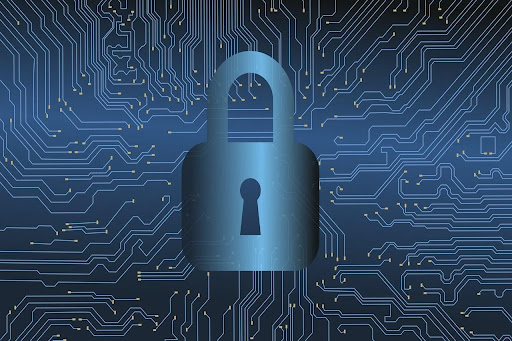
In today's digital age, where technology is an integral part of our daily lives, it's crucial to be aware of the various cybersecurity threats and take appropriate measures to protect ourselves.
While many people are familiar with the more well-known threats like phishing scams and malware, several commonly overlooked cybersecurity risks can have significant consequences. In this article, we will explore these threats and provide insights on how to overcome them.
What are the most important threats that we cannot afford to ignore?
One of the commonly overlooked cybersecurity threats is the vulnerability of public Wi-Fi networks. In an increasingly connected world, we often rely on public Wi-Fi hotspots in cafes, airports, and other public places.
However, these networks can be a breeding ground for hackers to intercept sensitive information such as passwords, credit card details, and personal data. This is where online protection measures come into play.
ExpressVPN’s India server
is an excellent example of such protection measures. By using a virtual private network (VPN) service, individuals can encrypt their internet traffic and protect their online activities from prying eyes.
The India server specifically caters to individuals residing in India, offering them a secure connection that shields their data from potential threats. So whether you're accessing your bank account or browsing the web, using a VPN ensures that your information remains private and secure, even on unsecured public Wi-Fi networks.
Another often underestimated cybersecurity threat is the use of weak passwords. Many people tend to choose passwords that are easy to remember but also easy for hackers to guess.
Commonly used passwords such as "123456" or "password" make it incredibly easy for cybercriminals to gain unauthorized access to personal accounts. It is essential to create strong, unique passwords for each online account to overcome this threat.
A robust password should include a mix of uppercase and lowercase letters, numbers, and special characters. Additionally, a password manager can help generate and securely store complex passwords, eliminating the need to remember them all.
On the other hand, phishing attacks continue to be a significant concern in cybersecurity. These attacks involve tricking individuals into divulging sensitive information by posing as trustworthy entities, such as banks or popular online services.
Phishing emails often appear legitimate and include urgent requests for personal information, making it easy for unsuspecting users to fall into the trap. It's crucial to exercise caution and skepticism when encountering unsolicited emails or messages to protect against phishing attacks.
Our best advice: Verify the sender's identity, avoid clicking on suspicious links, and never share personal information through unsecured channels.
Some other threats to watch out for
While many individuals are vigilant about protecting their computers and smartphones, Internet of Things (IoT) according to Wired devices are frequently overlooked in cybersecurity.
IoT devices, such as smart home appliances, wearables, and medical devices, can be vulnerable to attacks if not properly secured. Changing default passwords on IoT devices and keeping them updated with the latest firmware and security patches is essential to mitigate this risk.
Additionally, segregating IoT devices on a separate network from other devices can prevent potential breaches from spreading.
Finally, social engineering attacks pose a significant threat that often goes unnoticed. These attacks involve manipulating individuals into divulging sensitive information through psychological manipulation and deception.
Attackers may impersonate trusted individuals or exploit personal information on social media platforms to gain the victim's trust. Because of that, it is crucial to be vigilant and exercise caution when sharing personal information online.
A tip: Limit the amount of personal information publicly available on social media platforms, and be wary of unsolicited requests for personal information.
The bottom line is that while we frequently focus on the more well-known cybersecurity threats, some other commonly overlooked risks can have serious consequences, and we need to remain vigilant.
Individuals can significantly improve their cybersecurity posture by utilizing online protection measures, creating strong passwords, staying cautious of phishing attempts, securing IoT devices, and being mindful of social engineering attacks.
In an increasingly interconnected world, it's crucial to prioritize cybersecurity and take proactive steps to protect our digital lives.



